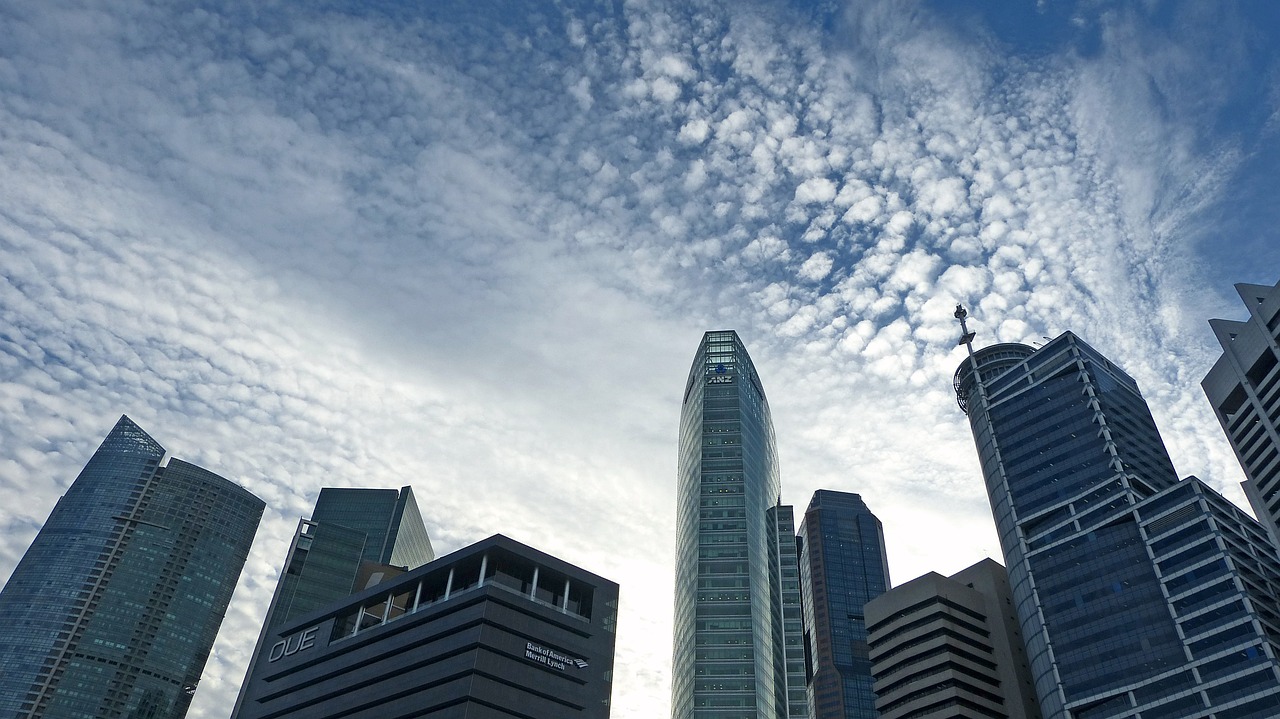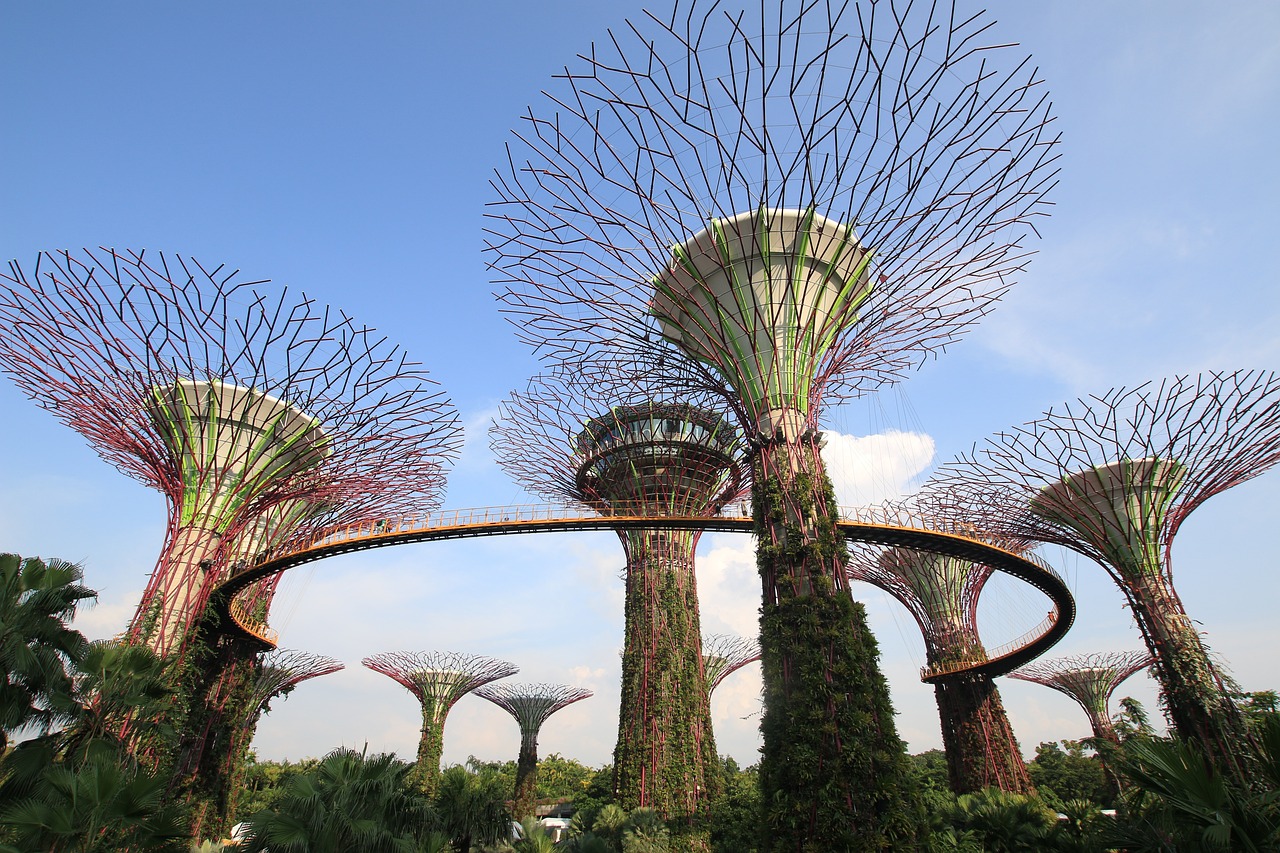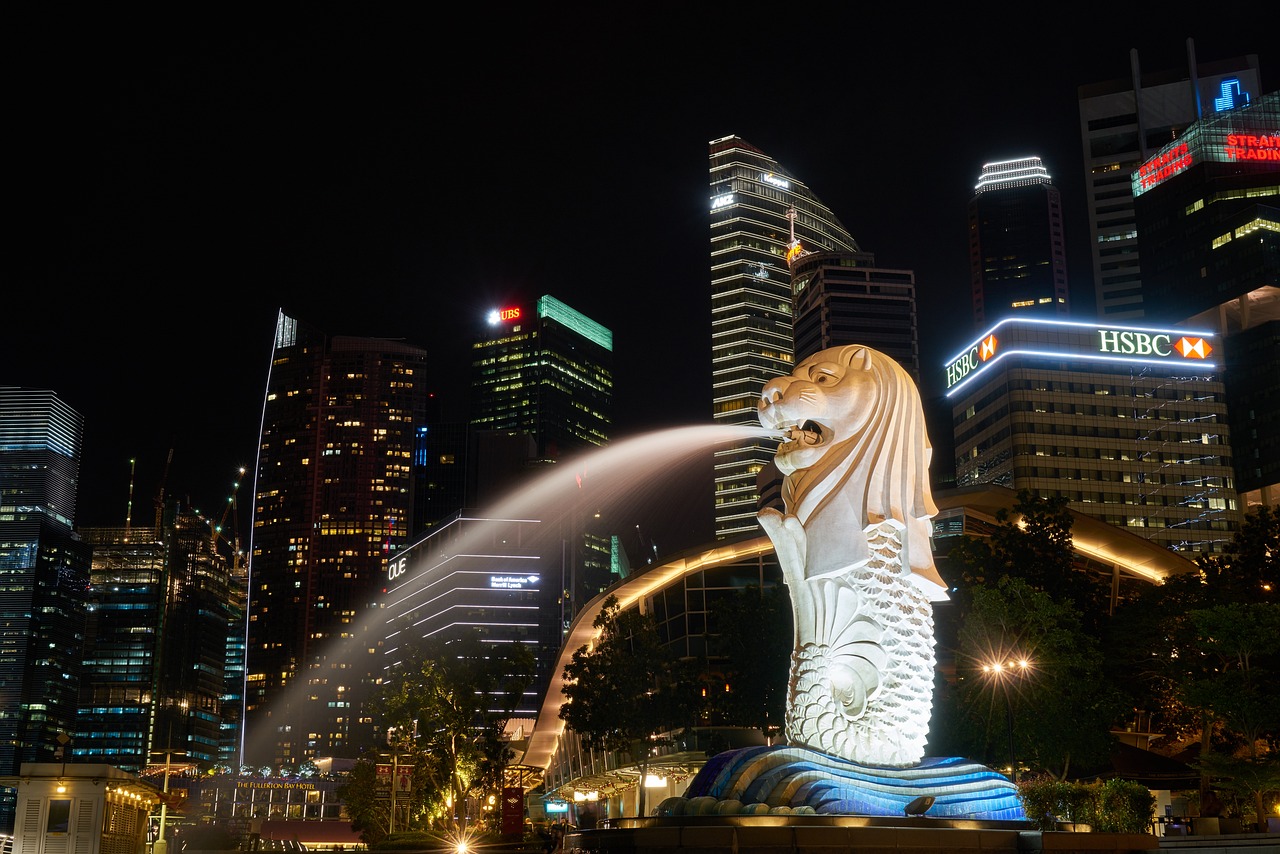Singapore Video
Maintaining Work-Life Balance in Singapore
Singapore is a bustling city known for its fast-paced lifestyle and strong work ethic. However, maintaining a healthy work-life balance is crucial for overall well-being and productivity. In this article, we will explore various strategies and resources available in Singapore to help individuals strike a harmonious balance between their professional and personal lives.
The Importance of Work-Life Balance
Work-life balance refers to the equilibrium between work-related commitments and personal activities. It is essential for individuals to have time for themselves, their families, and leisure pursuits, as it can significantly impact their physical and mental health, relationships, and overall happiness.
- Reduced Stress: A balanced lifestyle helps reduce stress levels, preventing burnout and improving overall well-being.
- Enhanced Productivity: Taking breaks and engaging in personal activities can boost productivity and creativity in the workplace.
- Stronger Relationships: Balancing work and personal life allows individuals to spend quality time with loved ones, strengthening familial and social bonds.
- Better Health: Prioritizing personal well-being enables individuals to maintain a healthy lifestyle, including exercise, proper nutrition, and adequate rest.
Flexible Work Arrangements
Singapore recognizes the importance of work-life balance and has implemented various policies to support flexible work arrangements. These arrangements aim to provide employees with greater control over their work schedules and promote a healthy work-life integration. Some common flexible work arrangements include:
- Flexi-time: Employees have the flexibility to vary their start and end times, as long as they fulfill the required working hours.
- Telecommuting: Working remotely or from home, utilizing technology to stay connected with colleagues and complete tasks.
- Part-time Work: Allowing employees to work fewer hours per week, accommodating personal commitments or other responsibilities.
- Job Sharing: Sharing a full-time role between two or more employees, dividing responsibilities and working hours.
These flexible work arrangements enable individuals to better manage their time and commitments, leading to improved work-life balance.
Supportive Workplace Culture
Creating a supportive workplace culture is crucial for maintaining work-life balance. Employers in Singapore are encouraged to foster an environment that values work-life harmony and promotes employee well-being. Some initiatives that organizations can implement include:
- Work-Life Integration Programs: Offering programs and activities that integrate work and personal life, such as wellness programs, family-friendly policies, and flexible leave arrangements.
- Employee Assistance Programs: Providing counseling services and resources to support employees’ mental health and well-being.
- Clear Communication: Encouraging open communication between employees and management to address work-related concerns and ensure reasonable work expectations.
- Recognition and Rewards: Recognizing employees’ efforts and achievements to foster a positive work environment and motivate work-life balance.
Work-Life Balance Resources in Singapore
Singapore offers a range of resources and facilities to support individuals in achieving work-life balance. These resources include:
- Community Centers: Community centers provide various recreational activities, courses, and events to help individuals unwind and engage in hobbies.
- Parks and Gardens: Singapore is renowned for its beautiful parks and gardens, offering serene spaces for relaxation, exercise, and spending quality time with loved ones.
- Wellness Centers and Gyms: Numerous wellness centers and gyms across Singapore provide fitness classes, wellness programs, and facilities to promote physical and mental well-being.
- Family-friendly Facilities: Singapore has numerous family-friendly facilities, including playgrounds, childcare centers, and family-oriented events, ensuring parents can spend quality time with their children.
Singapore Image 1:

Work-Life Balance Strategies
Striking a work-life balance requires individual effort and conscious decision-making. Here are some strategies that can help individuals maintain a healthy balance:
- Set Boundaries: Clearly define work and personal time, and strive to maintain a separation between them. Avoid answering work-related emails or calls during personal time.
- Prioritize and Delegate: Identify essential tasks and prioritize them accordingly. Delegate tasks when possible to reduce work overload.
- Practice Time Management: Efficiently manage time by setting realistic goals, creating schedules, and avoiding procrastination.
- Take Regular Breaks: Incorporate short breaks throughout the workday to recharge and refresh the mind.
- Engage in Hobbies and Leisure Activities: Dedicate time to pursue hobbies, engage in physical activities, or spend time with loved ones.
Singapore Image 2:

Work-Life Balance Challenges
While Singapore offers numerous resources and initiatives to support work-life balance, individuals may still face challenges. Some common challenges include:
- High Work Demands: Singapore’s competitive work environment may lead to long working hours and high-performance expectations.
- Cultural Norms: The Asian cultural emphasis on hard work and dedication can make it challenging to prioritize personal life.
- Technology and Connectivity: Constant connectivity through technology can blur the boundaries between work and personal life.
- Commute Time: Lengthy commute times may reduce the amount of free time available for personal activities.
Work-Life Integration Benefits
Work-life integration, a concept closely related to work-life balance, emphasizes the seamless integration of work and personal life. When successfully integrated, individuals can experience several benefits, including:
- Increased Fulfillment: Integrating personal passions and interests into work can lead to greater job satisfaction and fulfillment.
- Improved Efficiency: Integrating work and personal activities allows individuals to optimize time and energy, leading to increased efficiency.
- Enhanced Creativity: Exposure to diverse experiences and activities outside of work can stimulate creativity and innovation in the workplace.
Singapore Image 3:

Conclusion
Maintaining a work-life balance is essential for individuals in Singapore to lead fulfilling and healthy lives. By implementing flexible work arrangements, fostering supportive workplace cultures, and utilizing the available resources, individuals can achieve a harmonious integration of work and personal life. Striving for work-life balance not only benefits individuals but also enhances overall productivity and well-being in society.
References
– Ministry of Manpower: www.mom.gov.sg
– Health Promotion Board: www.hpb.gov.sg
– National Parks Board: www.nparks.gov.sg
– Workforce Singapore: www.wsg.gov.sg


